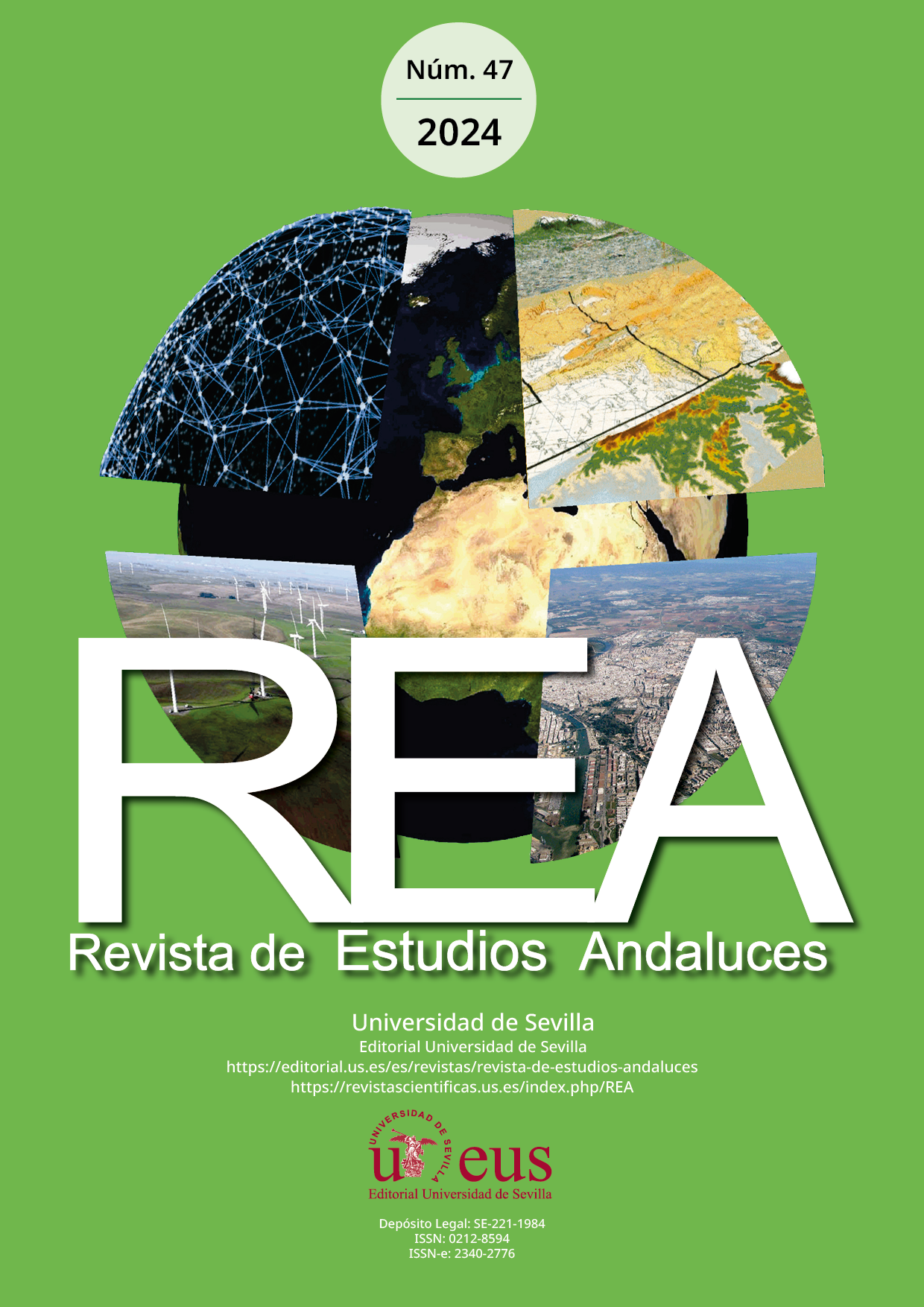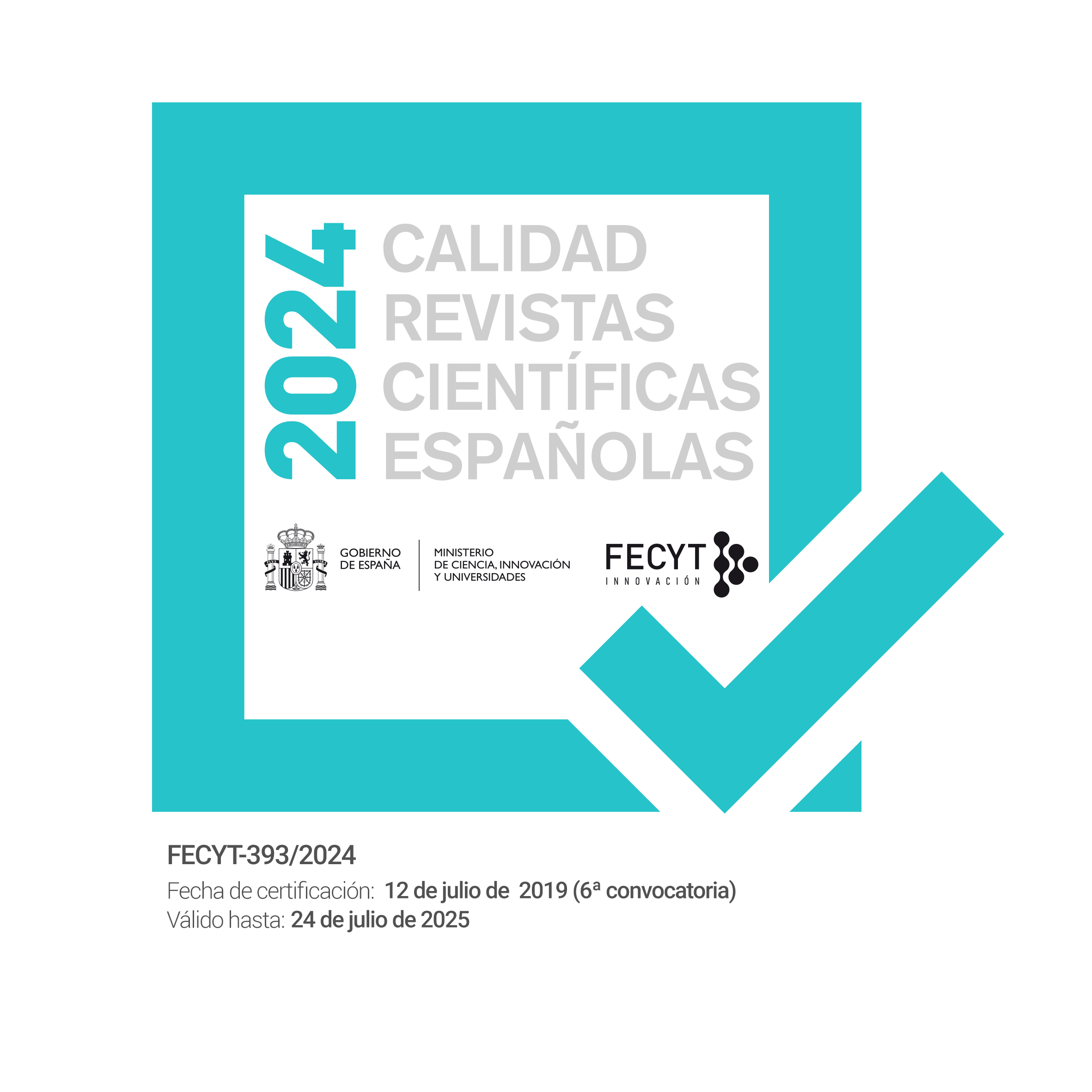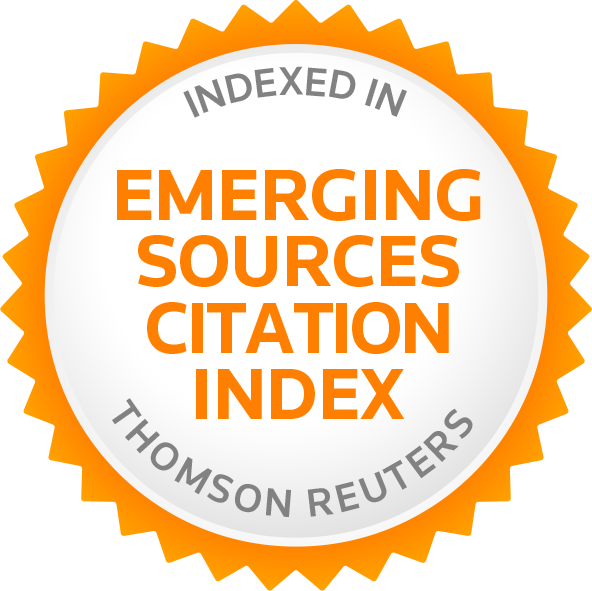Sustainable territorial development strategy for the impact of mining megaprojects: a study of four intermediate cities in Chile, Latin America
Palabras clave:
Urban design, Resilience, Strategic urban planning, Sustainable ecosystems, Local developmentResumen
The Chilean economy finds one of its pillars in mining, a sector that plays a crucial role. Currently, it contributes 9.4% to the national Gross Domestic Product (GDP) and holds the dominant position in foreign investment, with an impressive 33.3% of the total. Globally, this industry leads in the production of minerals such as copper, rhenium, natural nitrates, lithium, and iodine.
There is a lack of studies on the transformation that the urban centers known as “intermediate cities,” have undergone at the regional level, given that productive mining industries have altered the local reality. In this process, urban development patterns have been largely shaped by an economic logic focused on the supply of services and products, sometimes at the expense of the well-being standards of the inhabitants.
Studying the effects of the mining industry on these urban centers allows for an understanding of the economic logics present in the region, with the aim of generating a model of urban planning that can mitigate negative socio-spatial consequences, introducing environmental factors characteristic of sustainable cities as a method of projecting mining urban centers beyond finite production cycles (Bithas & Christofakis, 2006). This involves activating social, environmental, and cultural resources for sustainable development that ensures the permanence of its inhabitants (Van Kessel, 2003).
The analysis was approached at the local level, studying the impact that mega-mining projects have had on Chilean cities, taking four emblematic cases of settlements linked to mineral production and service provision that have been affected by exponential growth in size due to the demands of extractive operations and their human capital. Faced with uncontrolled expansion, a development model based on sustainability principles is proposed for the strategic management of the basic resources of cities to avoid compromising their future.
Descargas
Descargas
Publicado
Cómo citar
Número
Sección
Licencia
Derechos de autor 2024 Revista de Estudios Andaluces

Esta obra está bajo una licencia internacional Creative Commons Atribución-NoComercial-CompartirIgual 4.0.
La edición electrónica de la Revista de Estudios Andaluces se ofrece en acceso abierto desde el número 28 publicado en 2011 hasta la actualidad. Las ediciones impresa y electrónica de esta Revista son editadas por la Editorial de la Universidad de Sevilla, siendo necesario citar la procedencia en cualquier reproducción parcial o total.
La Revista de Estudios Andaluces no cobra tasas por el envío de trabajos, ni tampoco cuotas por la publicación de sus artículos. La Revista es gratuita desde el momento de la publicación de cada número y sus contenidos se distribuyen con la licencia “CreativeCommons Atribución-NoComercial-SinDerivar 4.0 Internacional” , que permite al usuario de la Revista de Estudios Andaluces criterios que cumplen con la definición de open access de la Declaración de Budapest en favor del acceso abierto. Puede consultar desde aquí la versión informativa y el texto legal de la licencia. Esta circunstancia ha de hacerse constar expresamente de esta forma cuando sea necesario.







